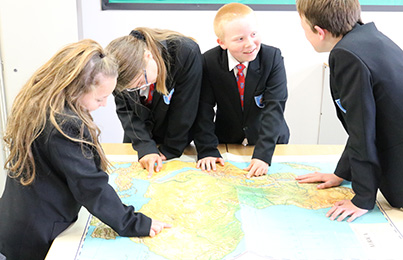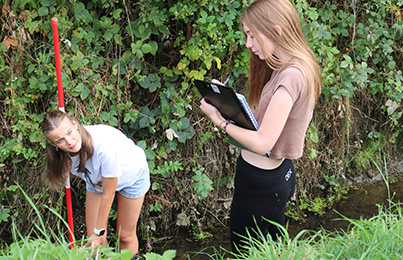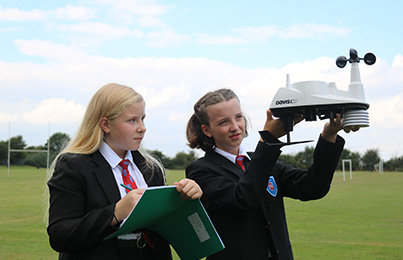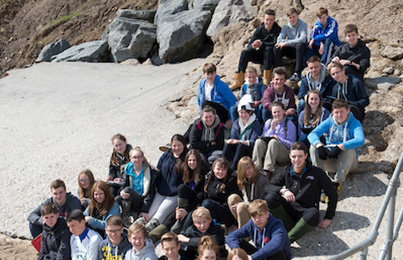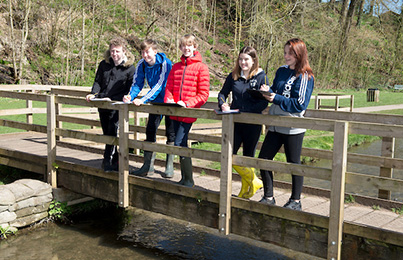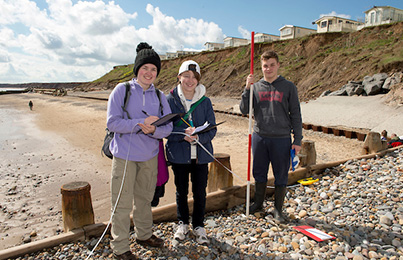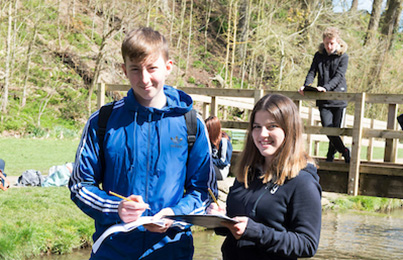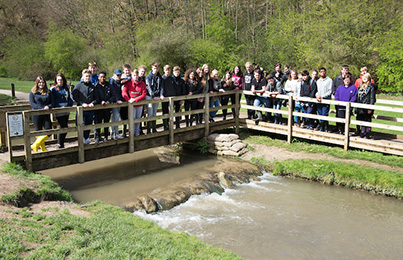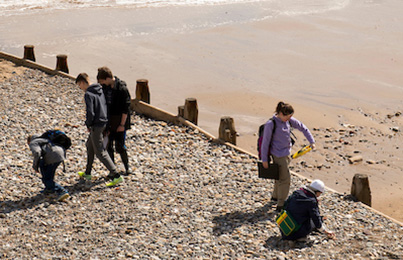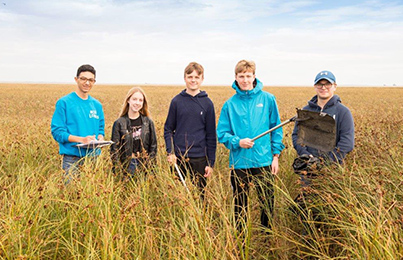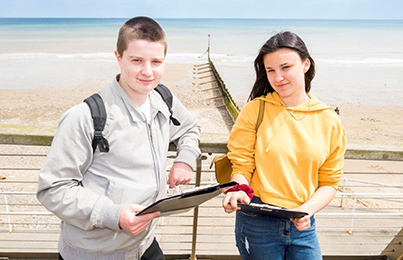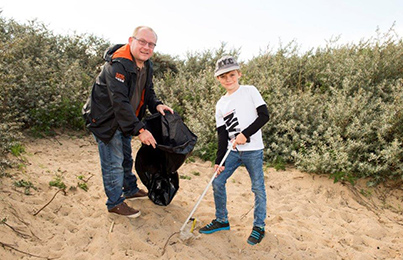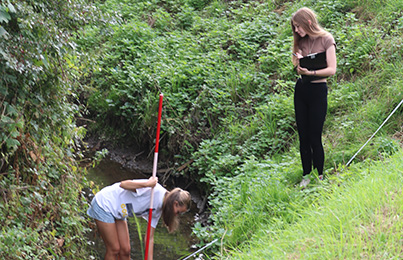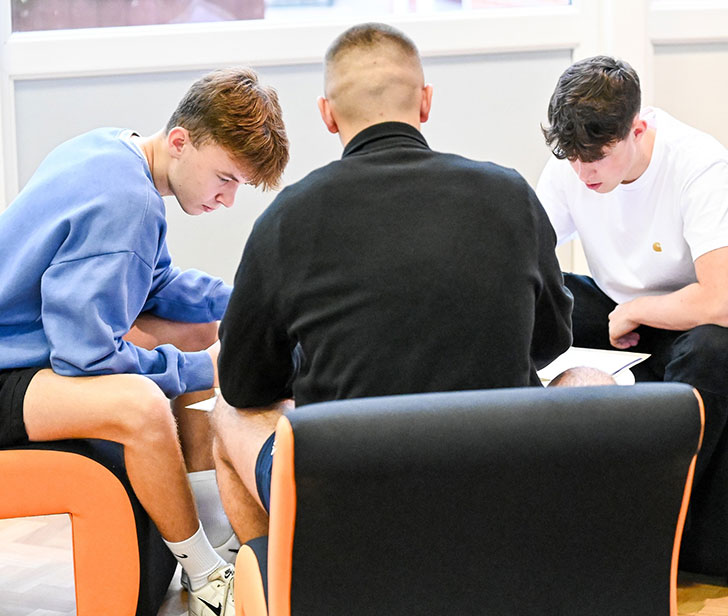Geography
Curriculum Intent, Implementation & Impact
- Geography
- Ethos & Values
- Knowledge & Skills
- Resources & Facilities
- Courses & Qualifications
- Learning Outside The Classroom
- Where Does This Take Me In The Future?
Geography
The Geography Department aims to develop understanding of the world in which we all live and share. We encourage students to consider their future world, by exploring key issues, landforms and world changes. Through their geography lessons, students have opportunities to explore the world from their own classroom, as they investigate case studies from the UK, Europe, and the wider world. Students are also encouraged to understand their own role in society, through the careful consideration of different cultures, viewpoints and values.
We want to create successful learners who progress and achieve, considerate individuals who lead safe and healthy lives and responsible citizens who make a positive contribution to society.
Geography is a crucial subject for students to learn, to understand about the formation of our world, how people impact and change this and how it can be preserved for the future.
Ethos & Values
We aim:
- To enhance children's quality of learning through the effective delivery of the Geography curriculum.
- To raise attainment by encouraging all students to have high aspirations of themselves.
- To enable students to develop into confident individuals who have a genuine interest in, and respect for the world in which they live.
- To have consistently high expectations and match these with high quality resources and learning strategies.
- To provide a range of educational experiences appropriate to the age, ability and needs of our students.
Geography encourages the development of a wide range of transferable skills. Students of Geography should be capable of doing all of the following:
- You can understand what motivates people, what they think and how they feel.
- You are able to gather and read different kinds of information.
- You can read maps, graphs and other diagrams, and accurately interpret different types of data.
- You are able to communicate clearly and effectively, both verbally and in writing.
- You are able present arguments and consider different viewpoints.
- You are able to work safely in different locations through experience on fieldwork.
- You are able to use specialised fieldwork equipment to gather information about the locations you visit.
- You will confidently use specialist geographical vocabulary.
- You will use specialist equipment and ICT.
Resources & Facilities
We have a number of dedicated, professional and fully qualified staff, who are passionate about and dedicated to teaching and learning in Geography.
We offer dedicated, well equipped and comfortable classrooms, equipped with interactive facilities or a projector and a wide range of quality resources and subject specific software.
We also have a dedicated ICT suite which can be utilised across all year groups.
Courses & Qualifications
Key Stage 3
All students study Geography at Key Stage 3, enabling them to investigate a variety of aspects of physical and human geography. Students explore areas as varied as Settlement, Crime, Coasts, Earthquakes and Volcanoes, Brazil, Ecosystems, Africa, Geology, the Weather and India.
Key Stage 4
At Key Stage 4, students complete a full GCSE qualification in Geography, with examinations taking place at the end of Year 11; students are also required to take part in fieldwork. They will sit three examinations at the end of Year 11:
- Paper 1: Living with the Physical Environment (35% of GCSE);
- Paper 2: Challenges in the Human Environment (35% of GCSE);
- Paper 3: Geographical Applications (30% of GCSE).
During the course, students will investigate themes such as Natural Hazards, Weather Hazards, Climate Change, Ecosystems, Physical Landscapes in the UK, Urban Issues and Challenges, and the Changing Economic World.
As part of their studies, students will be expected to complete two geographical enquiries, including the use of primary data collected as part of a fieldwork exercise. Thus, during the course of their GCSE studies, all students will take part in two fieldtrips to contrasting environments, enabling them to develop their knowledge of both physical and human geography and how they interact together.
The study of GCSE Geography enables students to develop their skills in each of the following areas:
- Cartographic skills - the ability to use and interpret different types of maps in an accurate manner.
- Graphical skills - the ability to select and construct appropriate graphs to present data.
- Numerical skills - the ability to understand number, area and scales and to draw informed conclusions from data.
- Statistical skills - the ability to use appropriate measures, calculate percentages, identify trends and make predictions.
- Literacy skills - the ability to communicate information in a suitable manner and the accurate use of spelling, punctuation and grammar.
Key Stage 5
Geography at A Level is a varied course that allows students to develop an in-depth knowledge and understanding of both human and physical geography. Topics currently covered include: Water and Carbon Cycles, Hazards, Global Systems and Global Governance, Changing Places and Contemporary Urban Environments. A Level students are also required to complete a 4000 word independent geographical investigation based on fieldwork completed as part of the course.
Assessment of the course is based on the following three components:
- Physical Geography Examination - 2 hour 30 minute exam worth 40%;
- Human Geography Examination - 2 hour 30 minute exam worth 40%;
- Geographical Investigation - 4000 word submitted fieldwork investigation worth 20%.
Learning Outside The Classroom
At Key Stage 3, the Geography Department runs an excellent lunchtime club for students. This enables students to develop their passion for this subject area by investigating geographical issues that particularly interest them. This has involved activities such as creating exploding volcanoes, map reading and internet research into far-flung areas of the world.
At Key Stage 4, GCSE students undertake two fieldtrips to contrasting environments, enabling them to develop their knowledge and understanding of both physical and human geography. Examples of past fieldtrips include a visit to the Holderness Coast to investigate the impact of coastal management, and a visit to Hull to study urban regeneration in the St Stephen's shopping area.
At Key Stage 5, fieldwork is an integrated element of the course with students taking part in several fieldtrips in order to develop their geographical skills and understanding. These include visits to York to study the limits of the CBD, to Gibraltar Point National Nature Reserve to compare aspects of the salt marsh, and a residential visit to Malham Tarn Field Centre.
Where Does This Take Me In The Future?
The study of Geography lets you develop skills which could lead to many different career choices. Some examples of careers you could choose are:
Accountancy, Administration, Archaeology, Architecture, Broadcasting, Civil Service, Diplomatic Service, Drama Theatre and the Performing Arts, Education, Environment and Conservation, Finance, Information Management, Law, Media, Teaching, Public Relations, Journalist, Legal Executive, Police, Politics, Publishing, Sales and Marketing, Solicitor, Tourism, Town Planning and TV Researching. The opportunities are endless…
Geography is accepted by almost all employers and universities as the wide range of skills and knowledge provided allows the student to develop as an individual. Most universities offer courses featuring this subject to give students the opportunity for further development.
